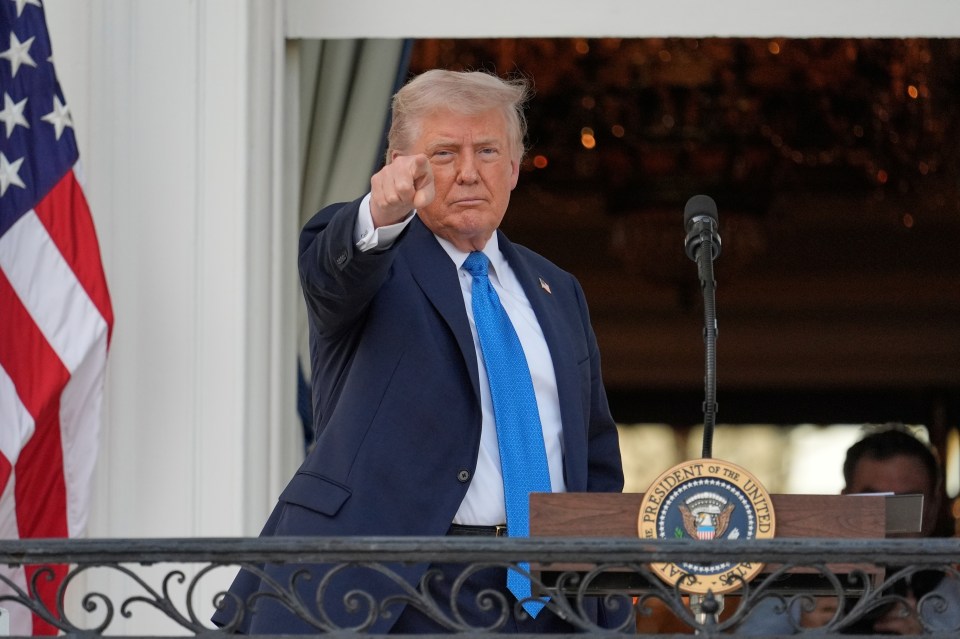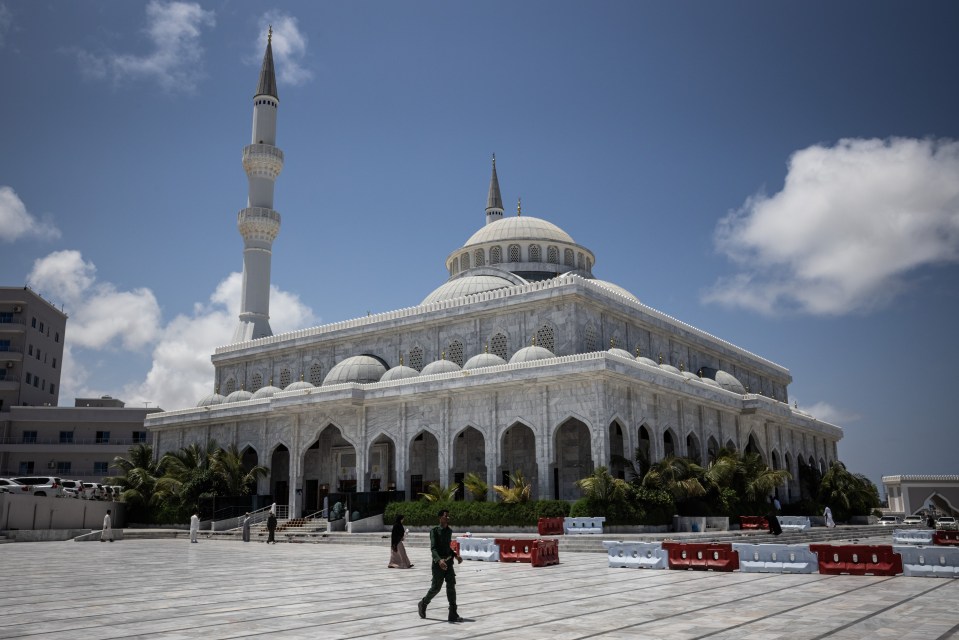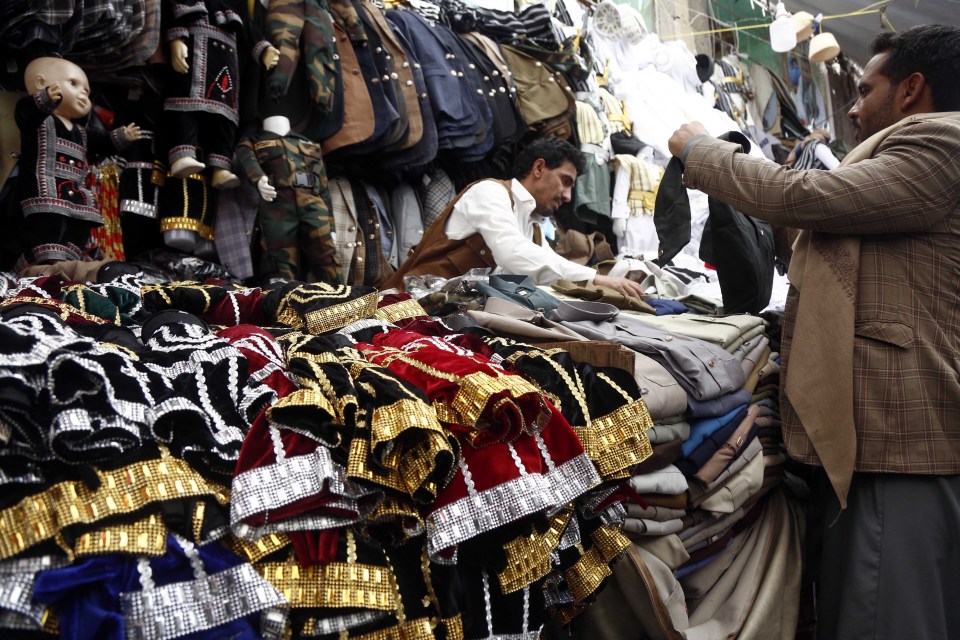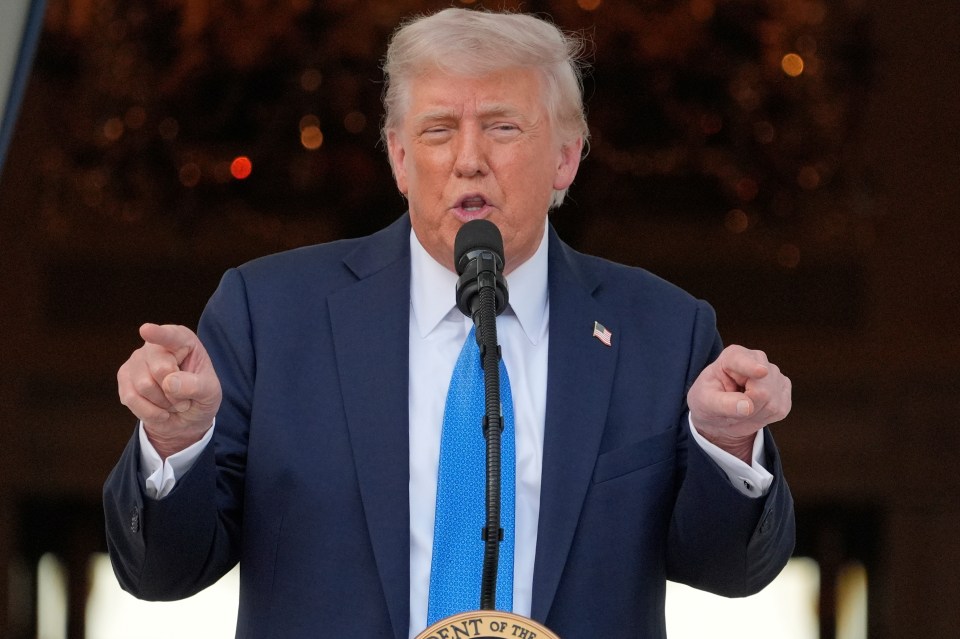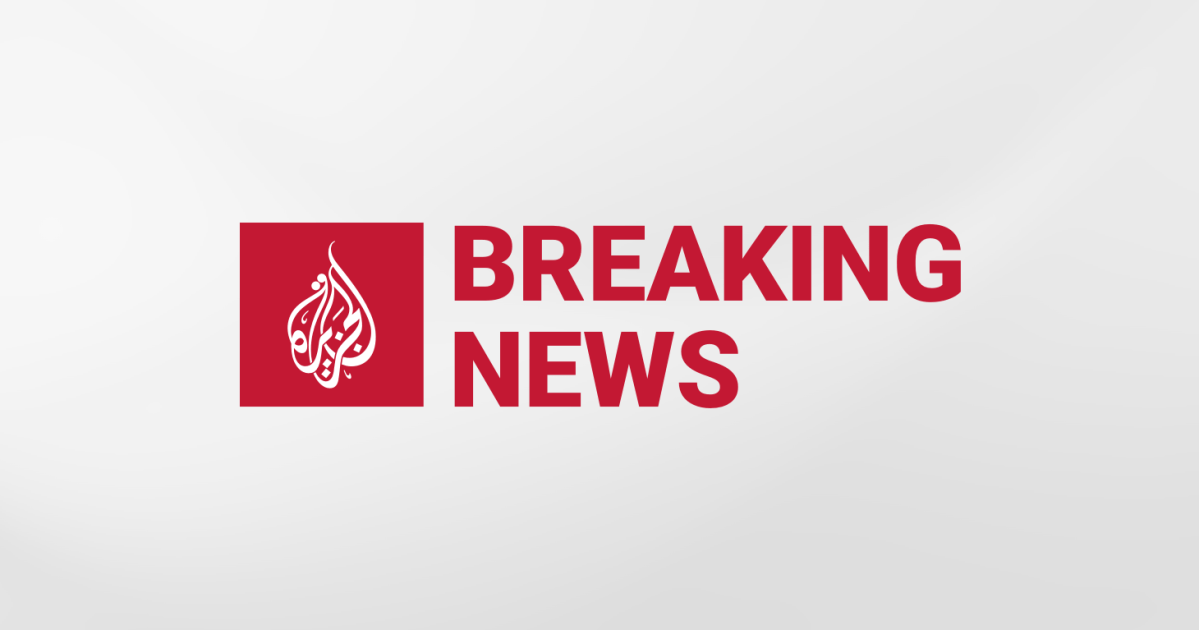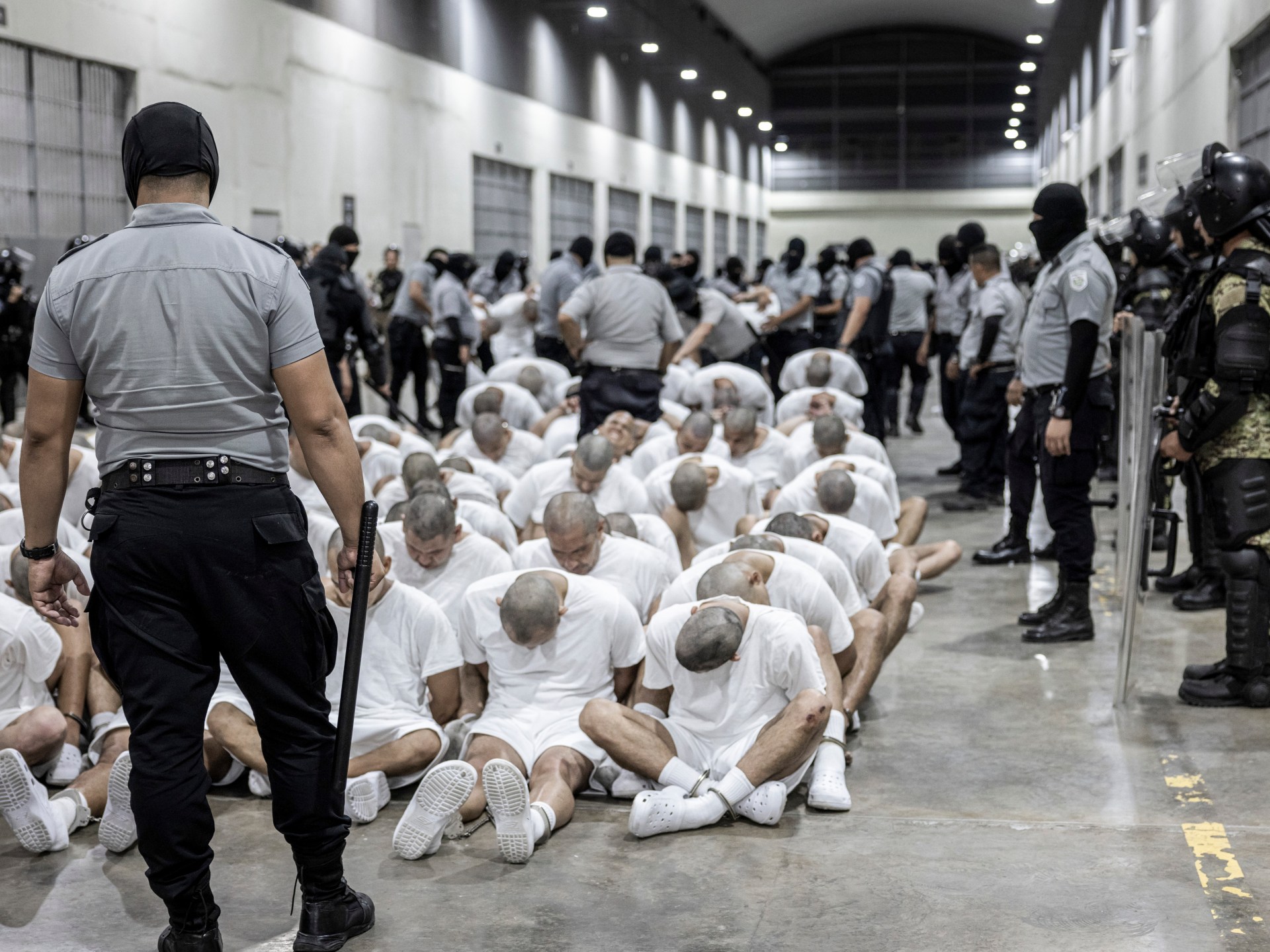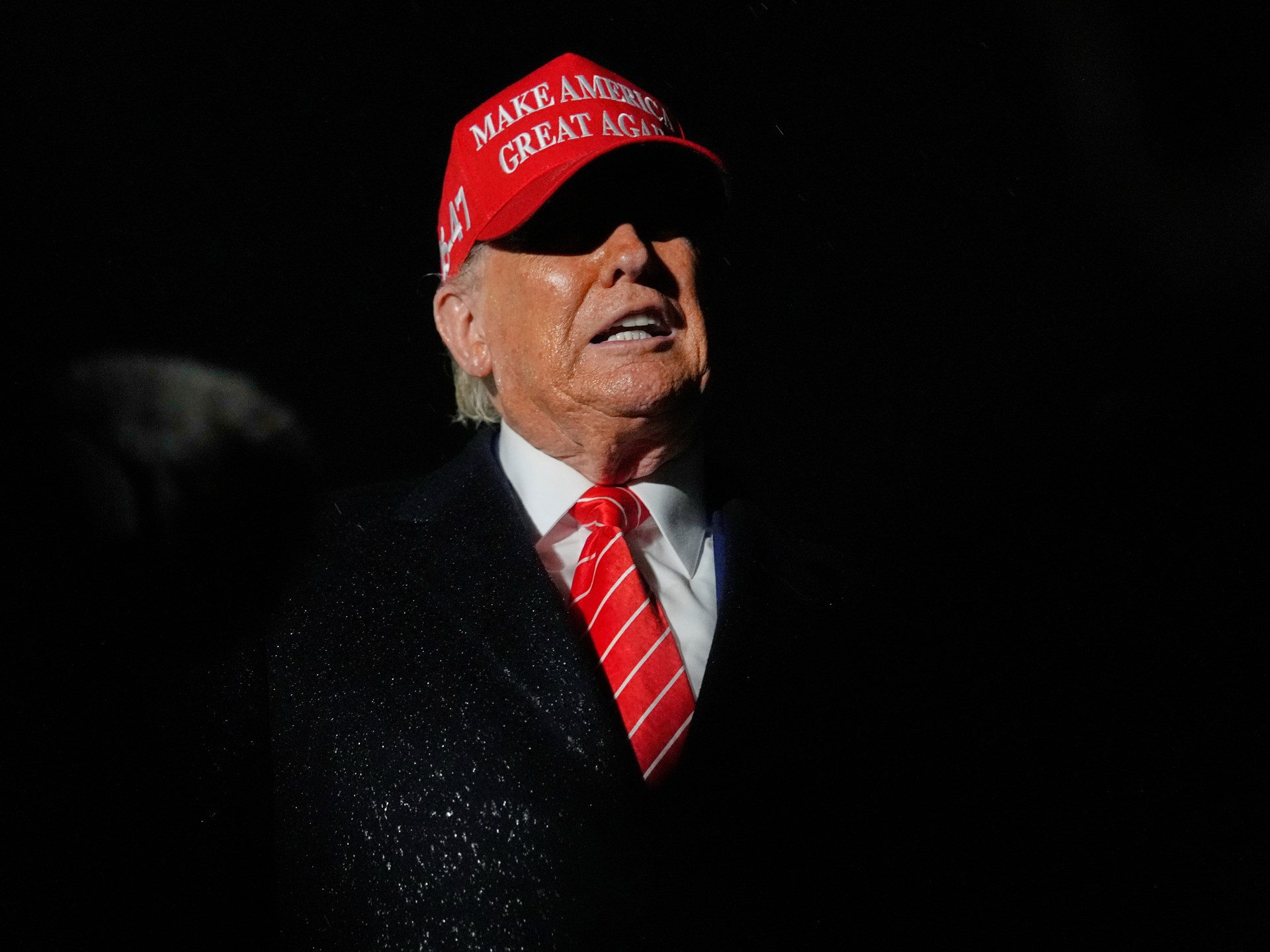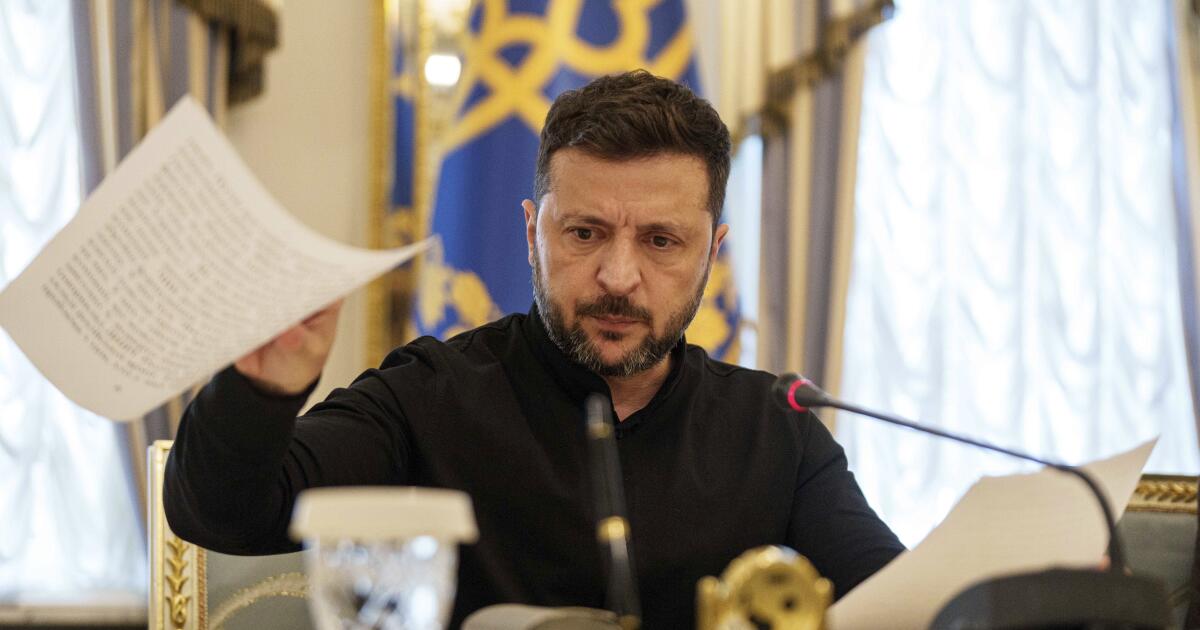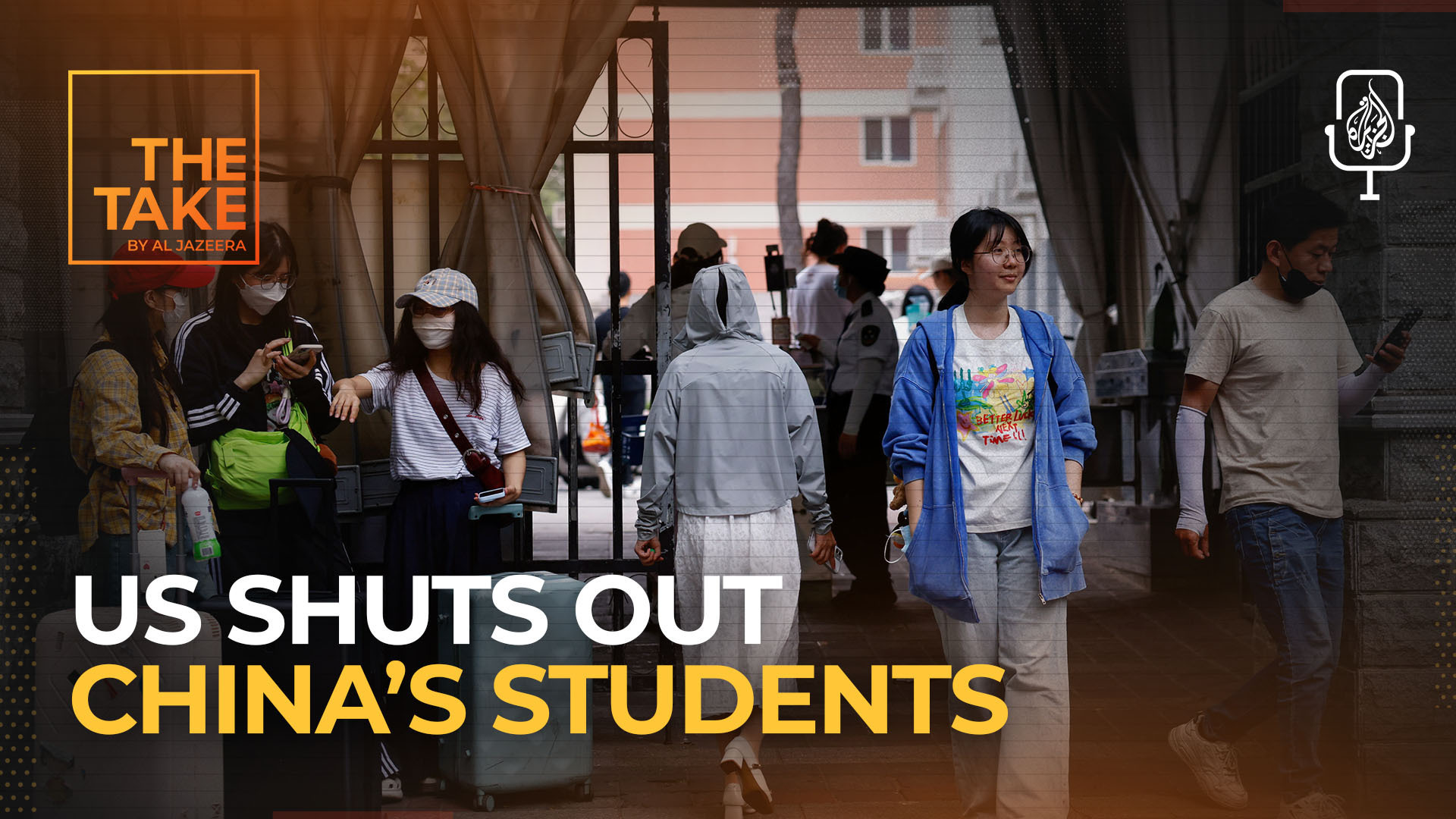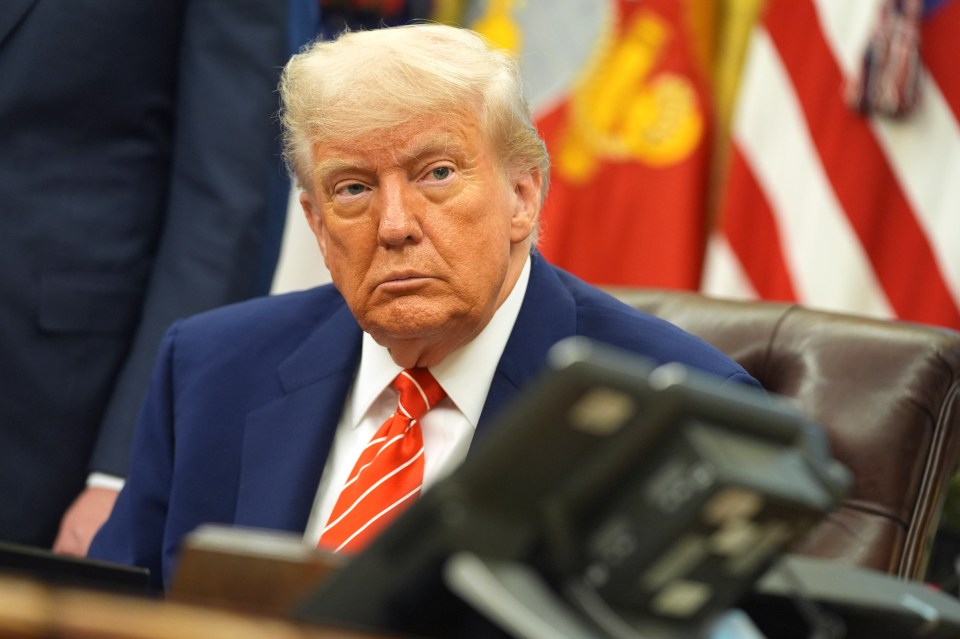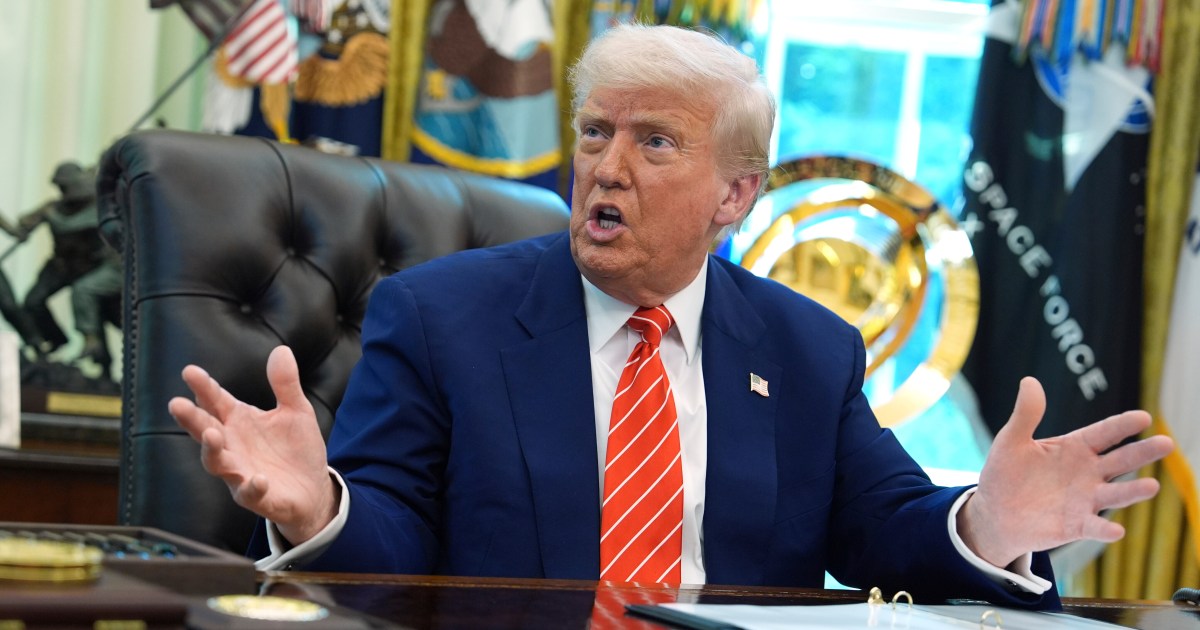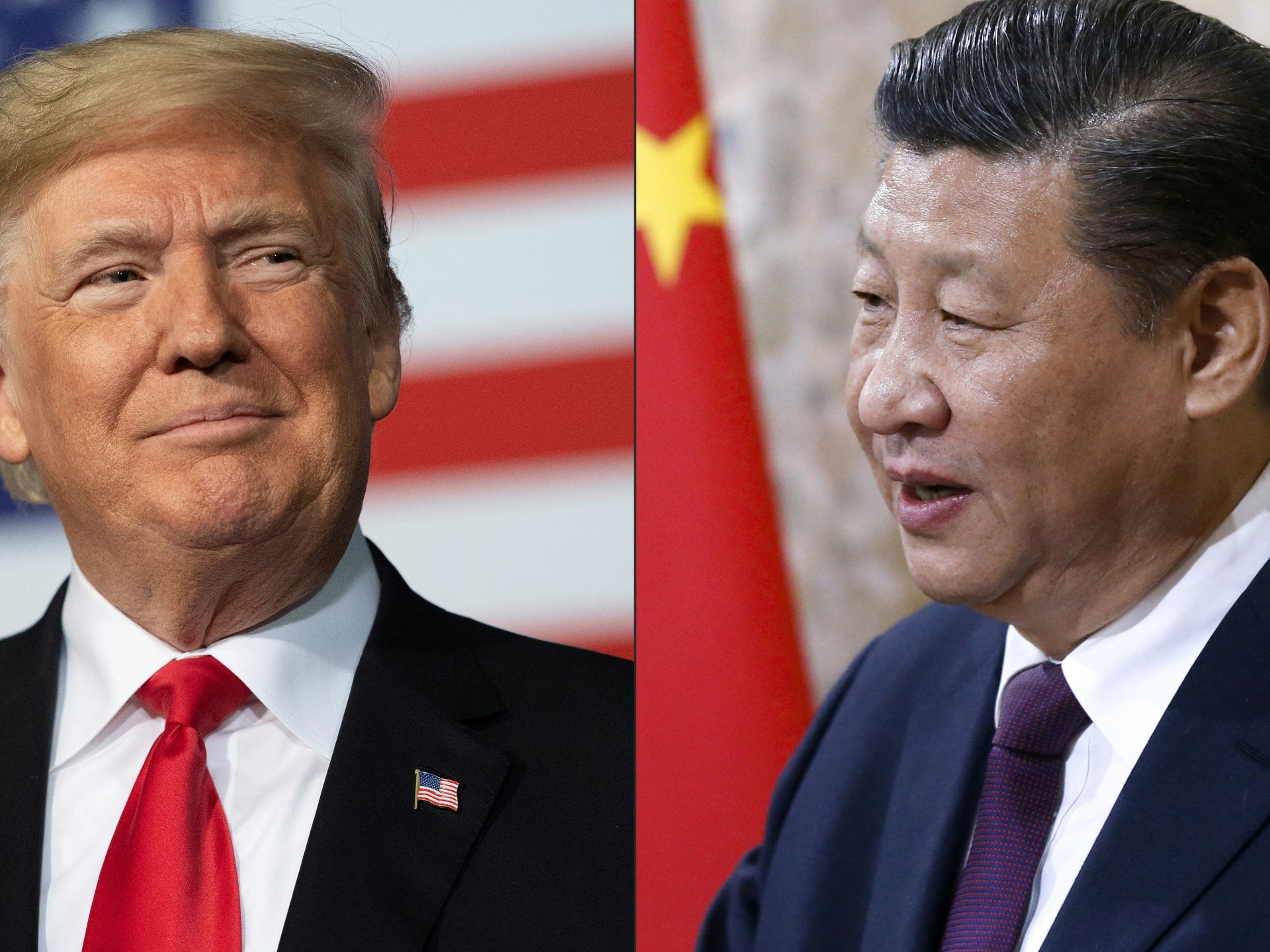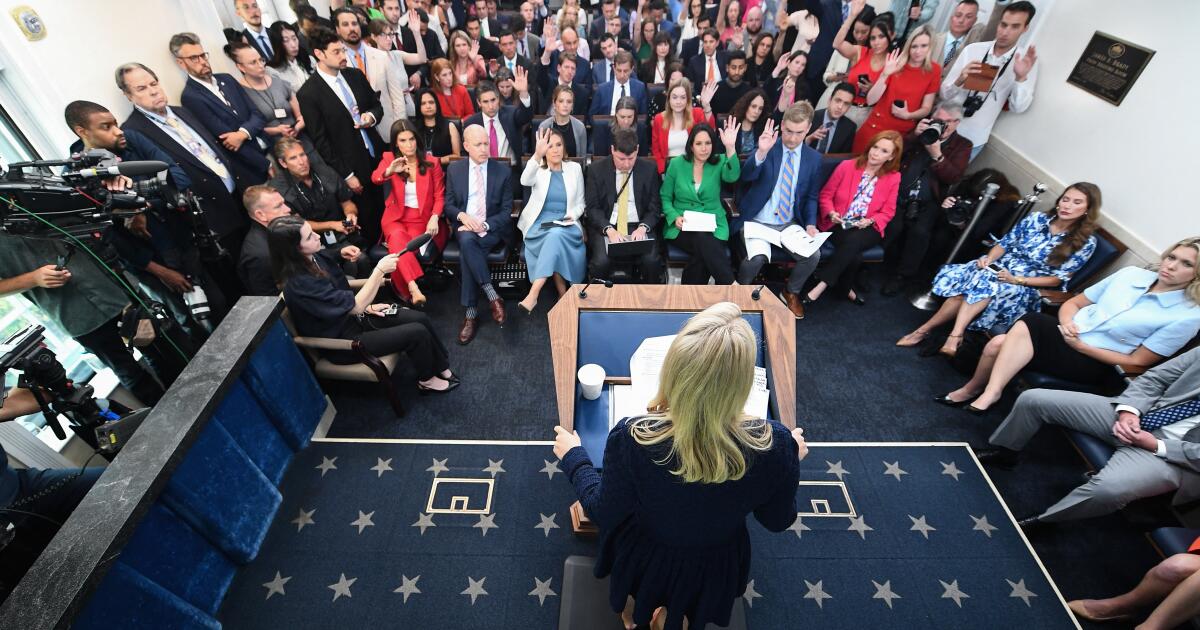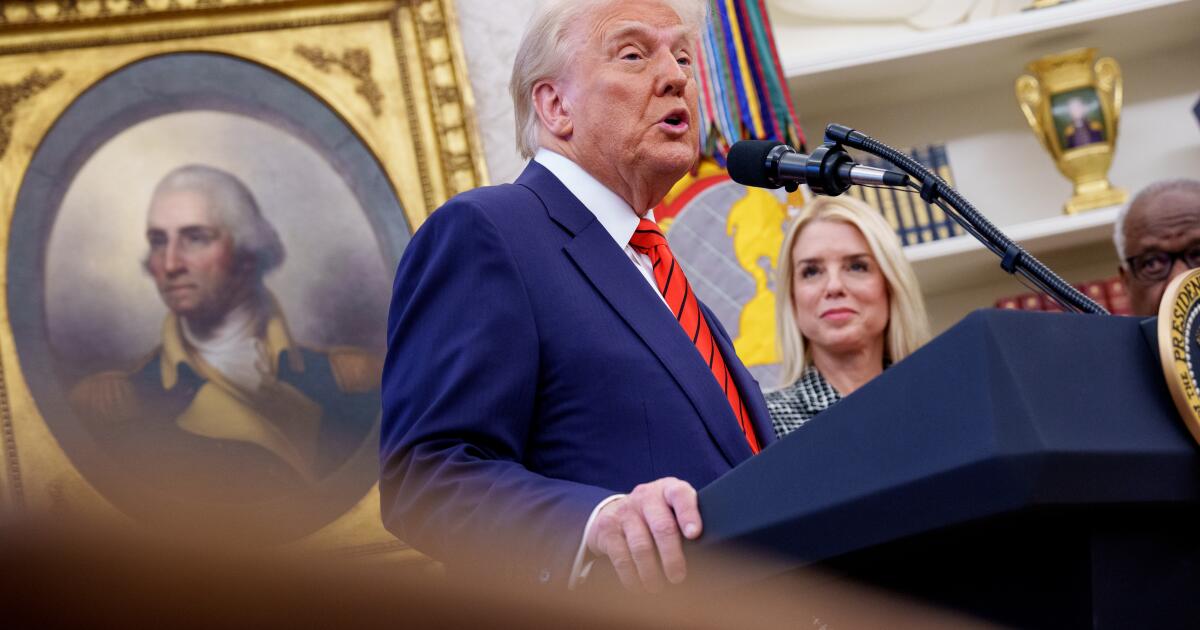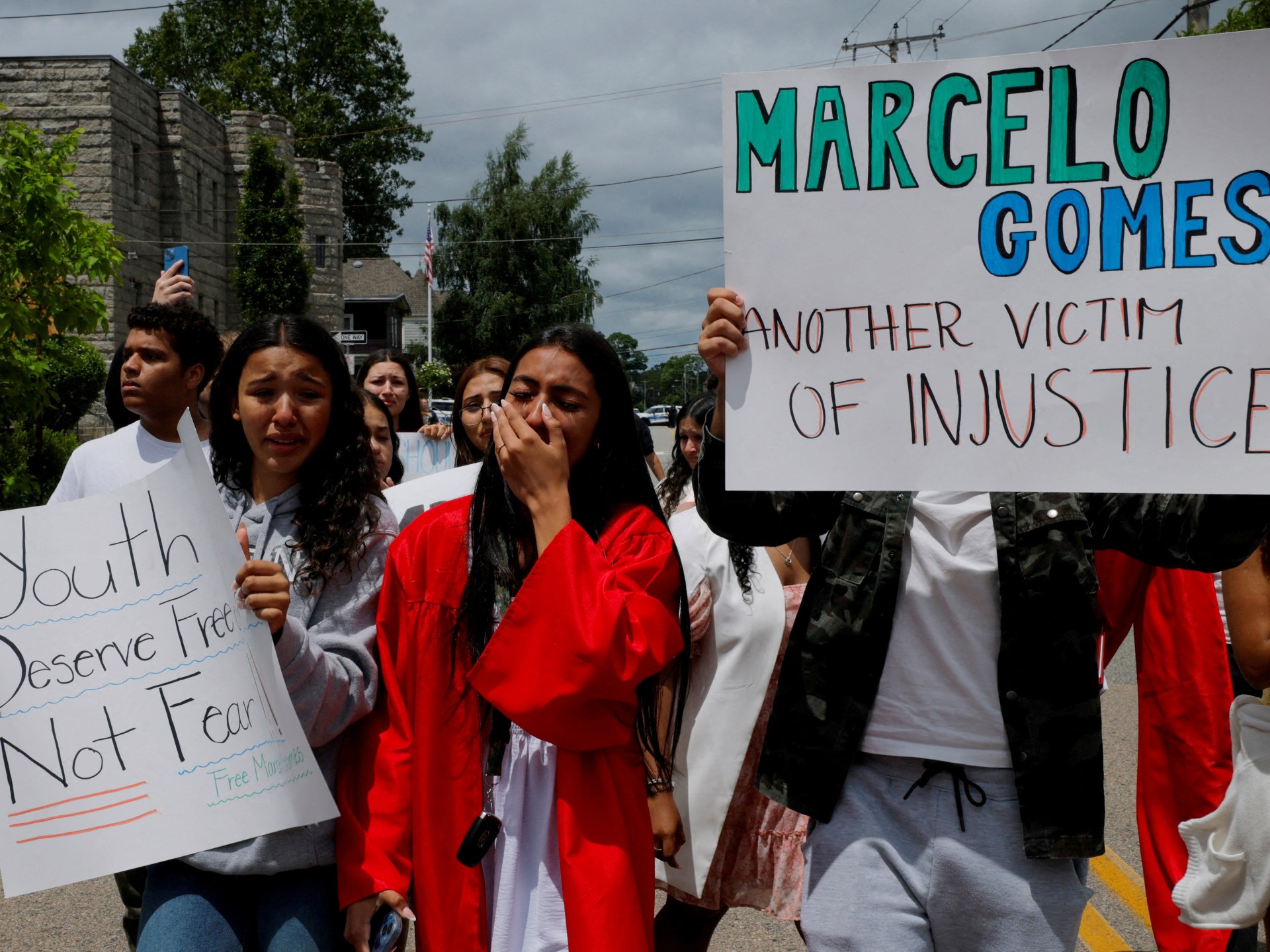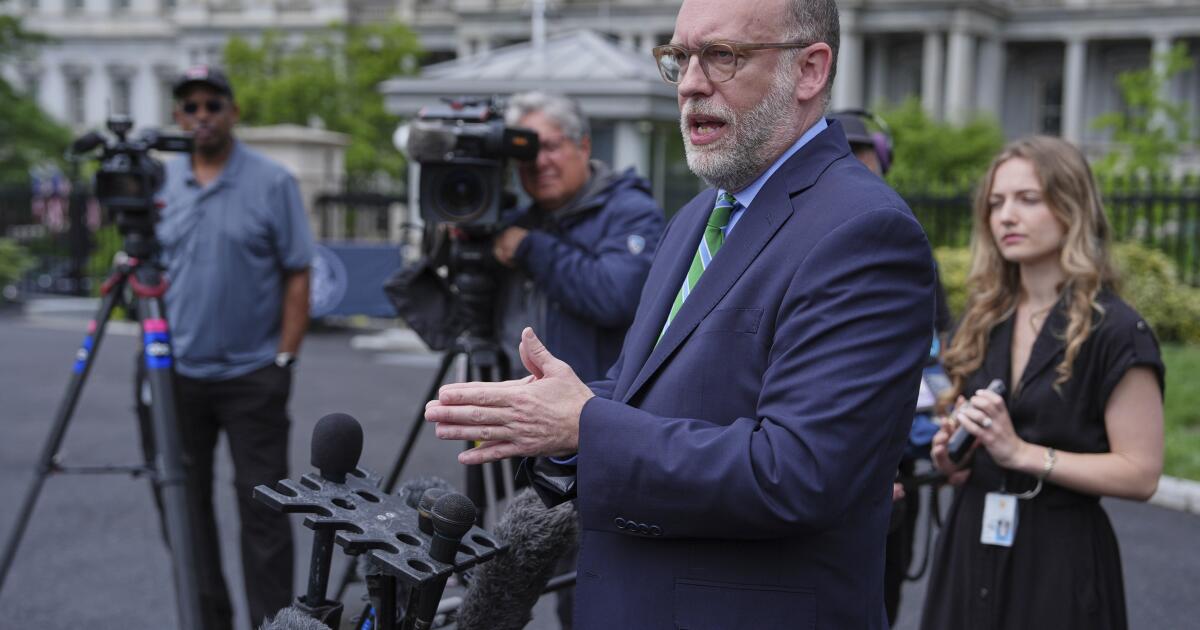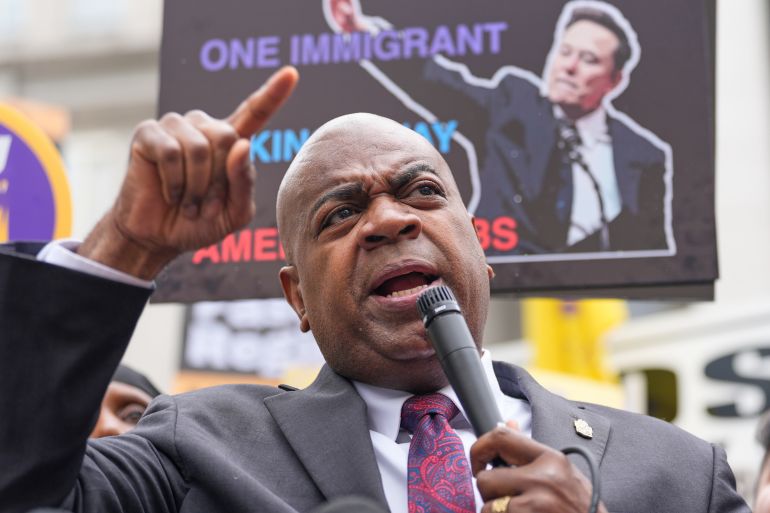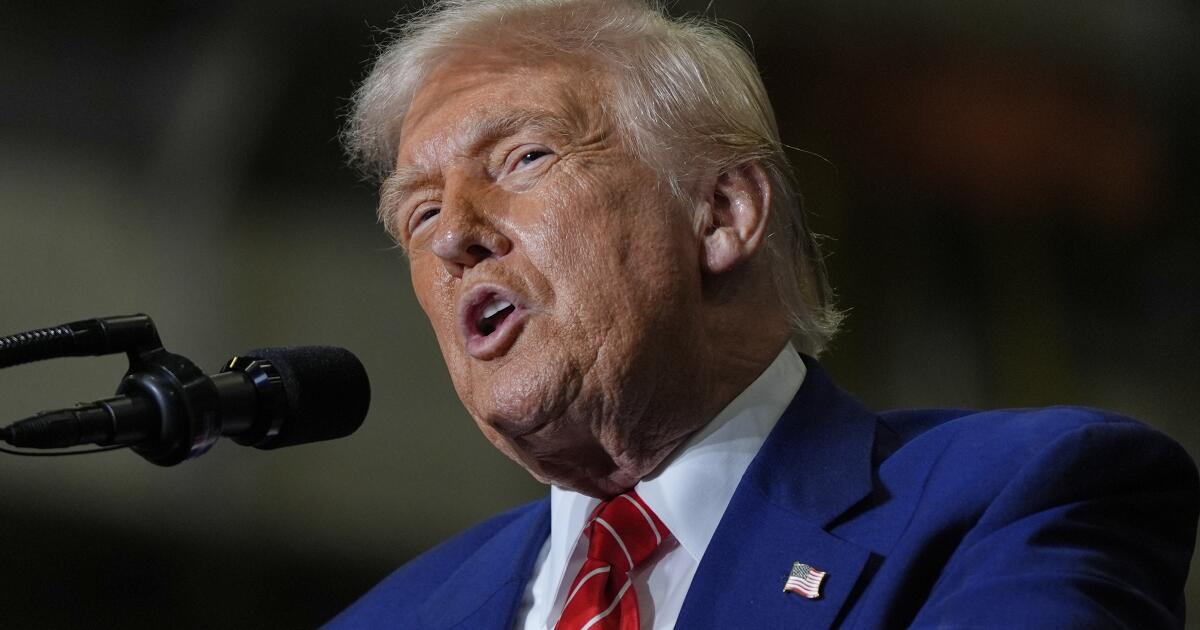Donald Trump signs travel BAN stopping people from 12 countries entering the US with restrictions to hit in days
DONALD Trump has signed a sweeping new travel ban blocking people from a dozen countries from entering the US — with restrictions set to kick in within days.
The bombshell move, announced late Wednesday, resurrects the explosive “Muslim ban” policy from his first term and will take effect at 12.01am Monday.
The countries hit with a full ban include Afghanistan, Burma, Chad, Republic of the Congo, Equatorial Guinea, Eritrea, Haiti, Iran, Libya, Somalia, Sudan and Yemen.
In addition to the outright ban, heightened restrictions will be slapped on visitors from Burundi, Cuba, Laos, Sierra Leone, Togo, Turkmenistan and Venezuela.
“I must act to protect the national security and national interest of the United States and its people,” Trump said in a proclamation.
The sweeping list stems from a January 20 executive order, in which Trump tasked the State Department, Homeland Security, and the Director of National Intelligence with flagging “hostile attitudes” and countries that pose a national security risk.
The crackdown mirrors Trump’s highly controversial 2017 executive order, which initially barred citizens from seven majority-Muslim nations — Iraq, Syria, Iran, Sudan, Libya, Somalia and Yemen — triggering chaos at airports and global backlash.
Dubbed the “Muslim ban”, it sparked scenes of confusion as travellers, including students and tourists, were blocked from boarding planes or detained after landing in the US.
After legal challenges, the policy was retooled and upheld by the Supreme Court in 2018, with a version targeting Iran, Somalia, Yemen, Syria and Libya, alongside North Korea and Venezuelan officials.
Trump has consistently defended the bans as vital to national security, despite critics accusing him of religious discrimination.
The latest move ramps up his hardline immigration stance as the Republican firebrand gears up for a second term — once again placing border control and national safety at the heart of his presidency.
Earlier on Wednesday, Trump held an hour-long call with Vladimir Putin, revealing the Kremlin tyrant “will have to respond” to Ukraine’s devastating drone blitz on Russian airfields.
“It was a good conversation, but not a conversation that will lead to immediate Peace,” Trump wrote on Truth Social.
“President Putin did say, and very strongly, that he will have to respond to the recent attack on the airfields.”
The warning came after Operation Spiderweb — a daring Ukrainian drone assault that wiped out 41 Russian warplanes across four strategic air bases, including nuclear-capable bombers.
The pair also discussed Iran’s nuclear programme, with Trump writing: “I stated to President Putin that Iran cannot have a nuclear weapon and, on this, I believe that we were in agreement.”
He added: “President Putin suggested that he will participate in the discussions with Iran and that he could, perhaps, be helpful in getting this brought to a rapid conclusion.”
More to follow… For the latest news on this story, keep checking back at The U.S. Sun, your go-to destination for the best celebrity news, sports news, real-life stories, jaw-dropping pictures, and must-see videos.
Like us on Facebook at TheSunUS and follow us on X at @TheUSSun
Trump’s latest immigration crackdown initiatives
- Donald Trump announced on May 5 that illegal immigrants who “self-deport” will be given a $1,000 stipend and free flight home
- WH Press Secretary Karoline Leavitt reported that the 7,000 illegal immigrants attempted to cross the border in March – the lowest in history
- Trump declared Mexican cartels and the El Salvadorian gang MS-13 terrorist organizations
- On May 4, Trump also announced he plans to reopen the notorious Alcatraz prison, which once housed gangster Al Capone
- In January, Trump revealed plans to send up to 30,000 illegal immigrants to detention facilities in Guantanamo Bay, Cuba
- In March, the US president began to deport hundreds of alleged gang members to a notorious prison in El Salvador
